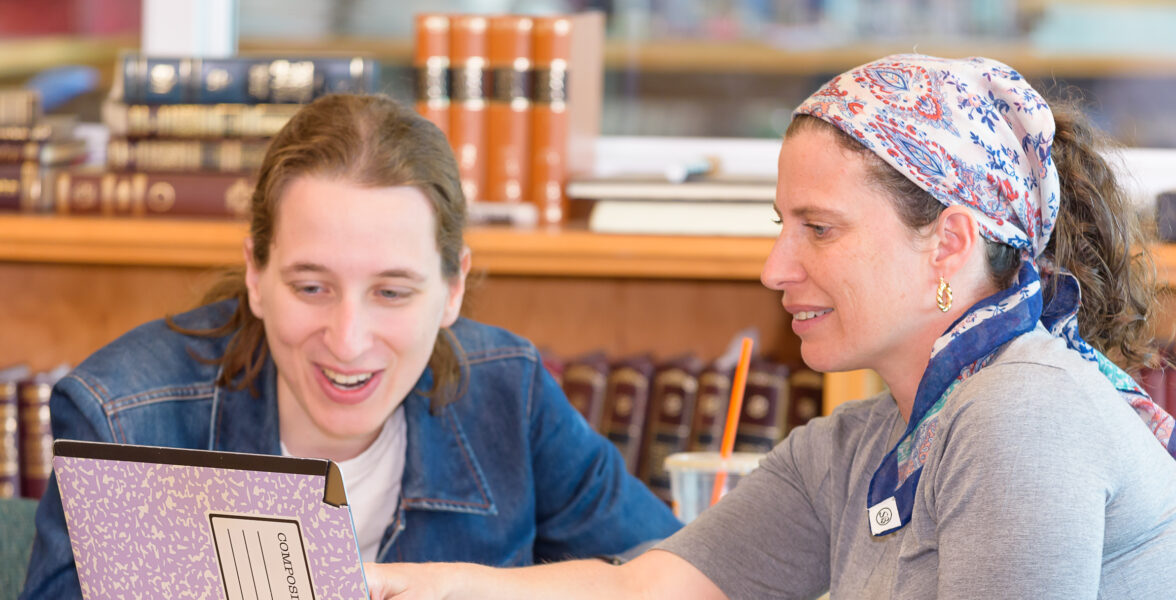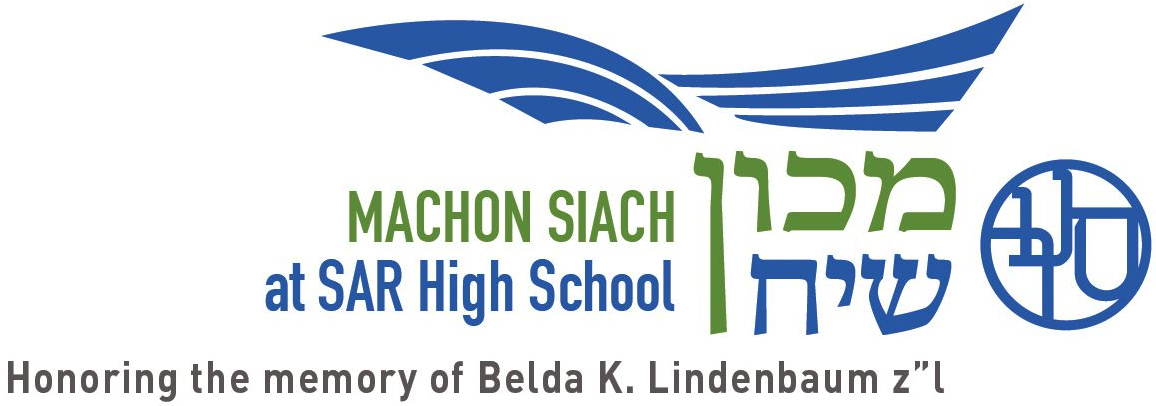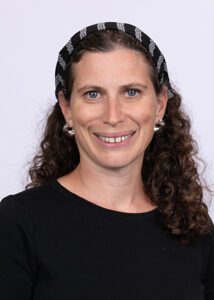
Individual and Communal Thinking
At the heart of my teaching lies a core value: to teach is to engineer sacred space. But in the high school classroom, I never take my students’ presence or attention for granted: I work to earn it anew each day. All high school teachers understand that our students lead full lives; when they come to our classes, we compete with a range of pressing issues on their minds. And when teenagers come to Torah classes, we face another unique challenge. More than teaching critical skills, we invite our students to join our sacred space and to see themselves as part of the chain of the Mesorah. This is not a passive process, as “chain” might imply. On the contrary, to accept the invitation and make the Mesorah their own, they listen, learn, process, accept and struggle on their own terms, from within their own framework. We are raising them, but their world is not the same as the world of our childhoods. My job as a Jewish educator is, first and foremost, to recognize the non-linear nature of Jewish education and to actively challenge the visual of seamless, effective transmission. Next, I must listen carefully to understand their assumptions and resistances so that I can work with them to imagine how they might mediate and embrace Jewish tradition. Jewish ideas, values and halakhah look and feel different in America 2022 than they ever have. But so it is with each generation. We successfully integrated Jewish tradition into our respective vantage points, and hopefully, they will, too.
This year, I teach a discussion-based class in the 11th grade. Without tests or grades, this “lishma” class has continually surfaced my students’ thoughts about Jewish values and halahka as well as exposed areas of resistance in their efforts to integrate those values and practice. In this piece, I share a few observations about the students’ operating framework and how I see that framework affecting their engagement with Torah and mitzvot. I have good reason to believe that this phenomenon is not specific to a single high school. In fact, our students are varied, with a range of familial and communal backgrounds, but their concerns cut across those differences. All of us who are committed to the vitality of Jewish life ought to be challenged by and learn from them.
Observation #1: Many of my students contend that religious behavior is a matter of personal choice. When it comes to ritual observance, they argue, each person chooses to practice what is right for them. They expect to be respected for their choices, and they claim not to judge others’ choices. My students trust that their friends do what is right for them and that they could not possibly tell someone else what that right thing ought to be. ‘How could I know what is right for you?’ they ask. ‘I recognize that you have a different upbringing than me, share a different perspective than I have, and I will do everything in my power to respect you and your choices.’
Observation #2: Ethical behavior is not a protected area. When asked if they would criticize their friends for cheating, stealing or bullying, the majority said they would not unless the bullying took place directly in front of them. (Online bullying feels too challenging for them to navigate.) When pressed, they conceded that they might say something if the ethical wrong would tangibly and concretely affect others, but even engaging in these conversations raises significant discomfort for them.
To be sure fulfilling the mitzvah of הוכח תוכיח – explicitly pointing out to a fellow Jew when he or she has sinned erred or violated a mitzvah – is notoriously difficult. How many of us struggle with confrontation and avoid criticizing others? How often have we found the right words in a private conversation to help a friend see their mistakes? Very few adults embrace this mitzvah easily or well. But the dividing line with my students is their strong sense that performing this mitzvah would violate their deep-seated sense of morality. Their resistance is not only emotional; their moral framework disallows the very act of judgment and censure of a peer’s choices –in ritual or ethical behavior.
Teaching at camp this summer sharpened my awareness of the cultural embeddedness of this position. On one particularly memorable morning the conversation veered towards הוכח תוכיח. All the Americans bristled at the idea of rebuking a friend: surely they would not do so for ritual transgression and probably not for ethical slips either. The Israeli teenagers in our group registered shock almost immediately. “What do you mean? How do you call yourself a friend if you won’t help him?”
A major difference between American and Israeli cultural realities is the relatively weak communal framework in American society. Israeli teenagers have grown up with a much stronger sense of a ‘communal ethic’ (to borrow Jonathan Haidt’s term) than our students. This is more than just army service; it informs the way that they see themselves and how they make decisions. Israelis have internalized a worldview in which their “I” is enmeshed with a much wider web of considerations outside of their own “wants, needs and preferences.” American kids, by contrast, have a strongly developed ‘autonomous ethic.’ Their moral framework for evaluating what is right and wrong flows from an American perception that the individual is the primary (or exclusive) unit for decision-making.
We have all seen these tensions at play in masking policies, as Americans’ conflicting moral frameworks have surfaced beneath the debates. How do we evaluate what is right? Whom do I include in my considerations, beyond myself and my family? Am I responsible for others? At what cost? When ‘needs, wants and preferences’ clash, how do we navigate?
Growing up in a society with a strong autonomous ethic does have its benefits. By and large, American children are not threatened by difference; respecting and embracing each other’s uniqueness comes naturally to them. They don’t feel confined by categories and don’t impose them on others. Their adult society will be better poised to identify and care for individual needs.
But on a religious front, I have concerns. If our kids privilege the autonomous individual as an absolute value, what will their religious communities look like? How will they balance the needs of the individual with the needs of the group? When their individual needs are not met by the community, will they walk away?
As their parents and teachers, we must work to understand their moral framework, listening carefully and appropriately challenging their assumptions. We must hold steady our invitation for them to embrace Jewish values and practice and at the same time, invest in ways to recover and deepen our communal ethic.



